The question of the future of AI isn’t merely speculative; it’s an exploration into the transformative potential that artificial intelligence holds across various sectors of society. AI has already begun to reshape industries, enhance the capabilities of businesses, and impact our daily lives in ways that were once considered the realm of science fiction. As we look forward, the trajectory of AI suggests a world where its influence will only continue to grow, driving advancements that promise both incredible opportunities and complex challenges.
Table of Contents
Introduction to the Future of AI
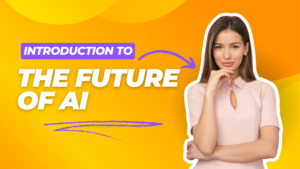
Defining AI’s Growing Influence
Artificial Intelligence (AI) is not just a buzzword; it’s a critical component of the technological landscape. Today, AI systems are embedded in various aspects of our lives, from voice-activated assistants like Siri and Alexa to sophisticated algorithms that drive online recommendations and autonomous vehicles. The growth of AI reflects a broader shift towards an increasingly digital and automated world where machines are not only tools but partners in decision-making and creative processes.
The Journey from Past to Present
To understand where AI is headed, it’s essential to look back at its evolution. The concept of AI has roots in early computing theories from the mid-20th century, with pioneers like Alan Turing laying the groundwork. Over the decades, AI has evolved from basic computational models to advanced systems capable of learning, reasoning, and even mimicking human behaviors. Today, AI is at a tipping point, poised to revolutionize every facet of society as we know it.
AI’s Current State and Future Potential
Present AI Capabilities
AI today is characterized by its ability to perform tasks that once required human intelligence, such as recognizing speech, analyzing data, and making predictions. Machine learning, a subset of AI, enables systems to improve their performance based on experience, leading to more accurate and efficient outcomes. AI’s presence is felt in sectors ranging from healthcare, where it assists in diagnostics and treatment planning, to finance, where it’s used for fraud detection and investment strategies.
AI in Industry and Daily Life
In our daily lives, AI manifests in ways both subtle and profound. It powers search engines, personalizes our online experiences, and even suggests the quickest route home. In industry, AI drives automation, optimizes supply chains, and enhances customer service through chatbots and virtual assistants. The future of AI in these areas points towards even greater integration, with AI systems becoming more autonomous, adaptive, and capable of handling increasingly complex tasks.
Technological Advancements in AI

Machine Learning’s Next Frontier
The future of AI will be shaped significantly by advancements in machine learning. Deep learning, a more advanced form of machine learning, allows AI to process and analyze vast amounts of data, recognizing patterns that would be impossible for humans to discern. The next frontier in machine learning involves enhancing these capabilities to enable AI systems to understand context, make decisions with minimal human intervention, and even develop new insights on their own.
The Role of Quantum Computing in AI
Another critical development in the future of AI is quantum computing. While still in its infancy, quantum computing promises to exponentially increase the processing power available for AI algorithms. This could lead to breakthroughs in areas such as cryptography, materials science, and complex system modeling. Quantum AI could unlock solutions to problems that are currently unsolvable with classical computing, paving the way for unprecedented advancements in AI capabilities.
AI in Healthcare: Transforming Medicine
AI-Driven Diagnostics
One of the most promising areas for AI is in healthcare, where it’s set to transform diagnostics. AI systems can analyze medical images, genetic information, and patient histories with a level of precision that surpasses human capabilities. These systems are already being used to detect diseases like cancer at earlier stages, predict patient outcomes, and recommend personalized treatment plans, leading to better health outcomes and more efficient care.
Personalized Medicine and AI
AI is also at the forefront of personalized medicine, where treatments are tailored to individual patients based on their genetic makeup and other factors. By analyzing vast datasets, AI can identify the most effective treatments for each patient, minimizing trial and error and reducing side effects. The future of AI in medicine could see the development of fully personalized healthcare plans, where AI continually monitors and adjusts treatments in real-time to optimize patient health.
AI in Business: Revolutionizing Industries
AI in Finance: Risk Management to Automated Trading
The financial industry is another sector where AI is making significant inroads. From automating trading strategies to managing risk, AI’s ability to process and analyze vast amounts of data quickly and accurately is transforming the way financial institutions operate. AI-driven systems can identify patterns in market data, execute trades at optimal times, and predict market trends with a level of accuracy that far exceeds human analysts. As AI continues to evolve, its role in finance will only become more integral, driving efficiencies and enabling new financial products and services.
AI-Powered Marketing and Customer Service
In marketing, AI is revolutionizing how companies understand and interact with customers. AI-powered tools can analyze consumer behavior, predict trends, and personalize marketing campaigns, leading to more effective and targeted advertising. Additionally, AI is enhancing customer service through chatbots and virtual assistants that can handle routine inquiries, freeing up human agents to focus on more complex issues. The future of ai in business points towards a more personalized, data-driven approach to both marketing and customer service, where AI systems work alongside humans to deliver superior outcomes.
AI and the Future of Work
Automation vs. Human Jobs
One of the most debated topics surrounding the future of AI is its impact on jobs. While AI and automation are expected to eliminate some jobs, they will also create new opportunities in areas such as AI development, maintenance, and oversight. The key challenge will be managing this transition and ensuring that workers are reskilled to take on new roles in an AI-driven economy. As AI systems become more capable, they will handle more complex tasks, potentially leading to a future where humans and machines collaborate more closely than ever before.
Reskilling the Workforce for an AI-Driven Future
Preparing for the future of ai will require a significant investment in education and training. Workers will need to develop new skills that complement AI technologies, such as critical thinking, creativity, and emotional intelligence. Governments, businesses, and educational institutions will need to collaborate to provide the necessary resources and opportunities for workers to reskill and adapt to the changing job market. The future of work in an AI-driven world will be one where continuous learning and adaptability are essential for success.
Ethical Considerations in AI Development
AI Ethics: Balancing Innovation and Responsibility
As AI continues to advance, ethical considerations will play a crucial role in its development. Issues such as privacy, security, and bias in AI algorithms must be carefully managed to ensure that AI is used responsibly and fairly. The future of ai will require a delicate balance between innovation and regulation, with stakeholders working together to establish guidelines and standards that protect individuals and society as a whole.
Ensuring Fairness and Avoiding Bias in AI Algorithms
One of the biggest challenges in AI development is ensuring that algorithms are free from bias. AI systems learn from the data they are trained on, and if that data contains biases, the AI will replicate them. This can lead to unfair outcomes, particularly in areas such as hiring, lending, and law enforcement. The future of ai will need to address these issues through more rigorous testing, diverse datasets, and transparent algorithms that can be audited and improved over time.
AI in Education: A New Era of Learning
AI-Enhanced Learning Experiences
In education, AI has the potential to create more personalized and engaging learning experiences. AI-powered platforms can adapt to individual students’ needs, providing customized lessons, feedback, and support. These systems can also help teachers by automating administrative tasks, allowing them to focus more on instruction and student engagement. The future of AI in education will likely see the development of more sophisticated learning tools that enhance both teaching and learning.
Challenges of Implementing AI in Education
However, the integration of AI in education also presents challenges. Ensuring that all students have access to AI-powered learning tools, protecting student data, and maintaining the role of teachers in an increasingly automated environment are critical considerations. The future of ai in education will need to address these challenges while maximizing the benefits that AI can bring to the learning process.
AI’s Role in Environmental Sustainability
Predictive Analytics for Environmental Protection
AI is also poised to play a significant role in addressing environmental challenges. Predictive analytics, powered by AI, can help monitor environmental conditions, predict natural disasters, and optimize resource management. For example, AI can analyze climate data to predict weather patterns, assess the impact of human activities on ecosystems, and identify areas at risk of deforestation or other environmental damage.
AI in Renewable Energy Management
In the energy sector, AI is being used to optimize the generation, distribution, and consumption of renewable energy. AI systems can predict energy demand, manage energy storage, and optimize the performance of renewable energy sources such as solar and wind power. The future of AI in environmental sustainability will see even greater integration of AI technologies into environmental monitoring, conservation efforts, and sustainable resource management.
Future AI Technologies: What’s Next?
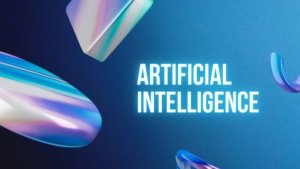
Autonomous Systems: Beyond Self-Driving Cars
While self-driving cars are one of the most well-known applications of AI, the future will see the development of a wide range of autonomous systems. These could include autonomous drones for delivery, robots for industrial automation, and even AI-powered systems for managing entire cities. As these technologies evolve, they will likely become more capable and reliable, leading to broader adoption and new applications across various industries.
AI and Augmented Reality: Bridging the Digital and Physical Worlds
Another area of future AI development is the integration of AI with augmented reality (AR). AI can enhance AR experiences by providing real-time analysis, context-aware information, and interactive elements that adapt to the user’s environment. This could lead to new applications in areas such as education, healthcare, retail, and entertainment, where AI-powered AR systems provide a seamless blend of digital and physical experiences.
AI’s Impact on Society
Social Interactions in an AI-Integrated World
As AI becomes more integrated into our lives, it will inevitably impact how we interact with each other. AI-powered communication tools, social media algorithms, and virtual assistants will shape our social interactions in new and unexpected ways. The future of AI in society will require careful consideration of these impacts, ensuring that AI enhances rather than diminishes our social connections.
The Role of AI in Public Policy and Governance
AI also has the potential to influence public policy and governance. AI systems can analyze vast amounts of data to inform policy decisions, predict the outcomes of different policy options, and even automate certain aspects of governance. However, the use of AI in this context also raises important ethical and practical questions, such as how to ensure accountability and transparency in AI-driven decision-making processes.
Global AI Trends and Predictions
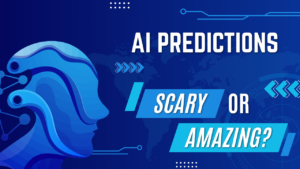
The Rise of AI in Developing Countries
While much of the focus on AI has been in developed countries, the future will see significant growth in AI adoption in developing regions as well. These countries may leapfrog traditional development paths by leveraging AI to address challenges in healthcare, education, agriculture, and infrastructure. The rise of AI in developing countries could lead to more equitable global growth and innovation.
The Global Race for AI Supremacy
As AI becomes increasingly important to national security and economic competitiveness, countries around the world are racing to develop and deploy AI technologies. This global competition could lead to rapid advancements in AI, but it also raises concerns about the potential for an AI arms race and the need for international cooperation to manage AI’s development responsibly.
Conclusion: Navigating the Future of AI
Embracing Change While Addressing Challenges
The future of AI holds immense promise, but it also comes with significant challenges. As we move forward, it’s essential to embrace the opportunities that AI presents while also addressing the ethical, social, and economic implications of this powerful technology. The path to a future dominated by AI will require careful planning, collaboration, and a commitment to ensuring that AI benefits all of humanity.
Preparing for a Future Dominated by AI
To navigate the future of AI successfully, we must prepare for its widespread impact on every aspect of our lives. This preparation involves not only advancing AI technology but also fostering an environment where innovation can thrive alongside ethical considerations and societal well-being. By doing so, we can harness the full potential of AI to create a better, more prosperous future for everyone.
FAQs
What industries will AI impact the most in the future?
AI is expected to have the most significant impact on industries such as healthcare, finance, education, manufacturing, and transportation. These sectors are already seeing AI-driven innovations that enhance efficiency, reduce costs, and improve outcomes.
How will AI change the job market?
AI will likely lead to the automation of many routine tasks, which could displace some jobs. However, it will also create new roles in AI development, maintenance, and oversight. The key will be reskilling workers to take on these new opportunities.
What are the ethical challenges in AI development?
Ethical challenges in AI development include ensuring fairness and avoiding bias in AI algorithms, protecting privacy, and managing the potential for AI to be used in harmful ways. Addressing these challenges requires careful consideration and collaboration between stakeholders.
Can AI help combat climate change?
Yes, AI can play a crucial role in combating climate change by optimizing energy use, improving renewable energy management, predicting environmental impacts, and supporting conservation efforts. AI-driven solutions can help mitigate the effects of climate change and promote sustainability.
How will AI shape global politics?
AI is likely to influence global politics by informing policy decisions, enhancing national security, and driving economic competitiveness. However, the rise of AI also raises concerns about the potential for an AI arms race and the need for international cooperation.
Is there a limit to AI’s capabilities?
While AI has made significant advancements, there are still limitations to its capabilities, particularly in areas that require human-like understanding, creativity, and emotional intelligence. However, ongoing research and development continue to push the boundaries of what AI can achieve.
Author- Ijas
Learner of DigiSkillz, Digital Marketing Institute in Kochi.



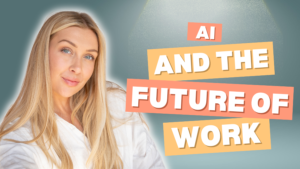
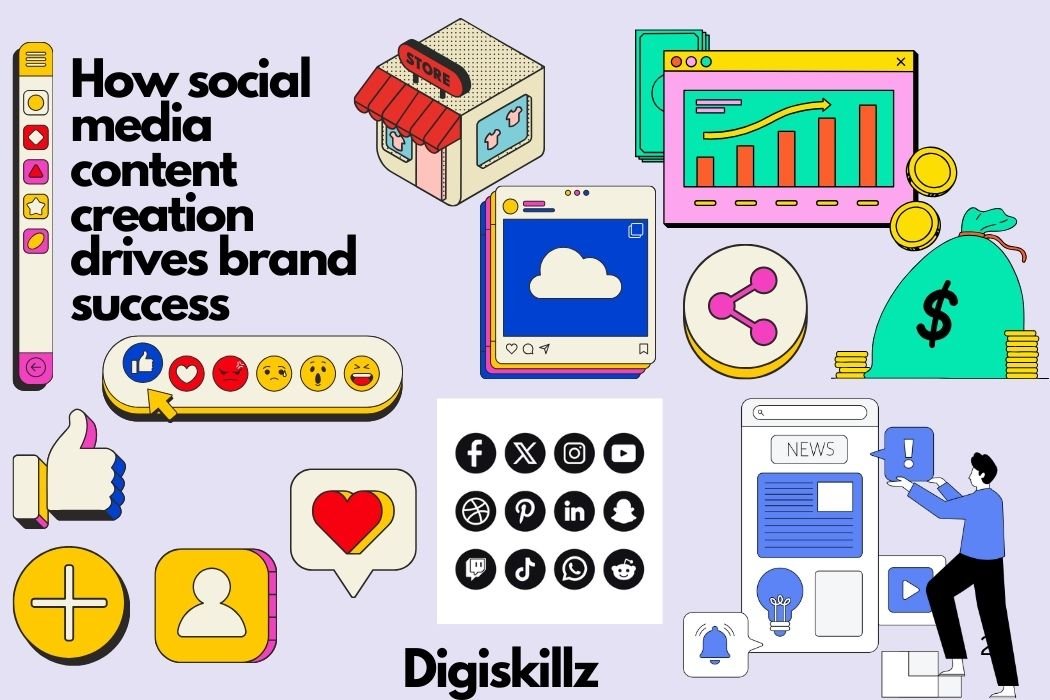
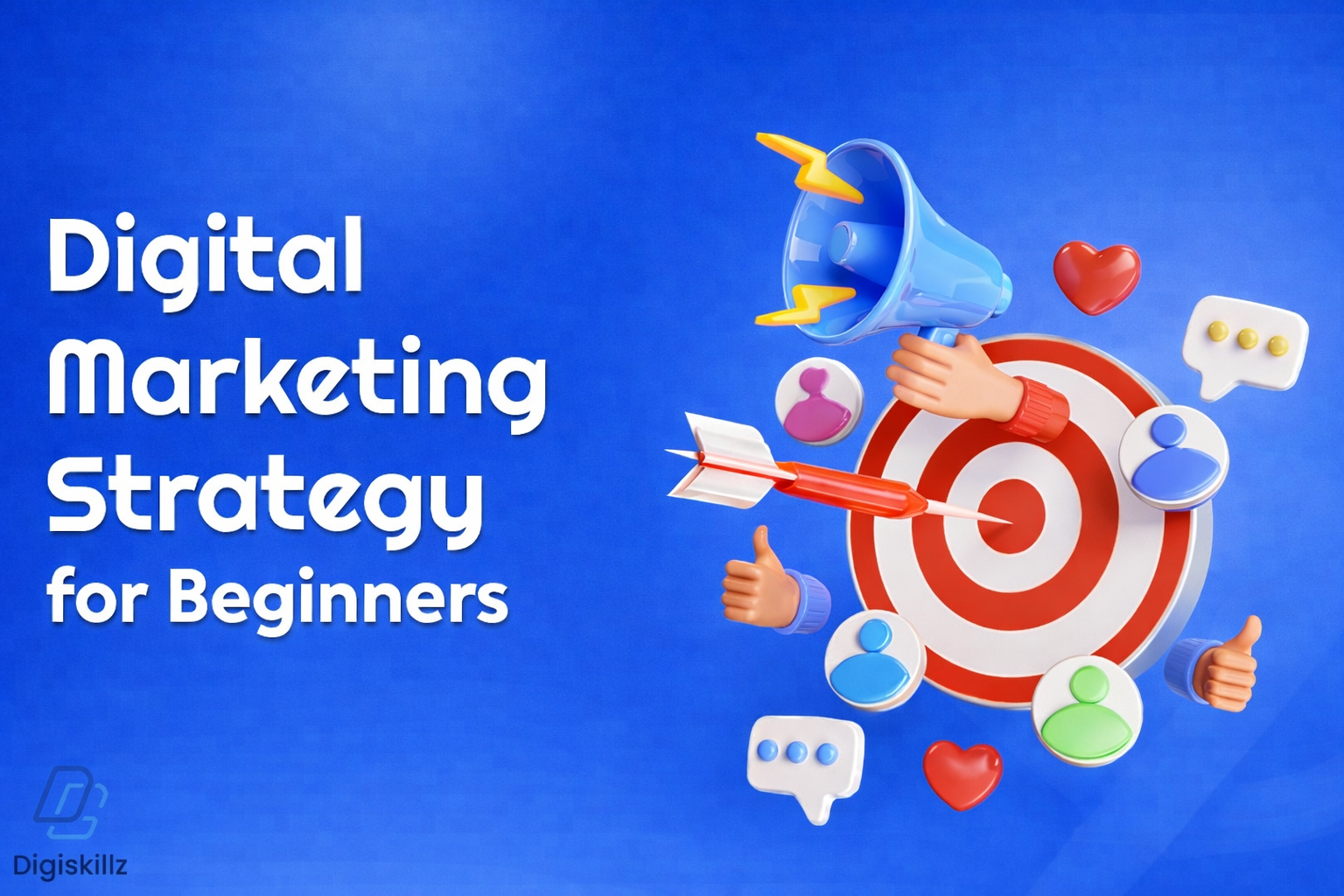





Leave A Comment